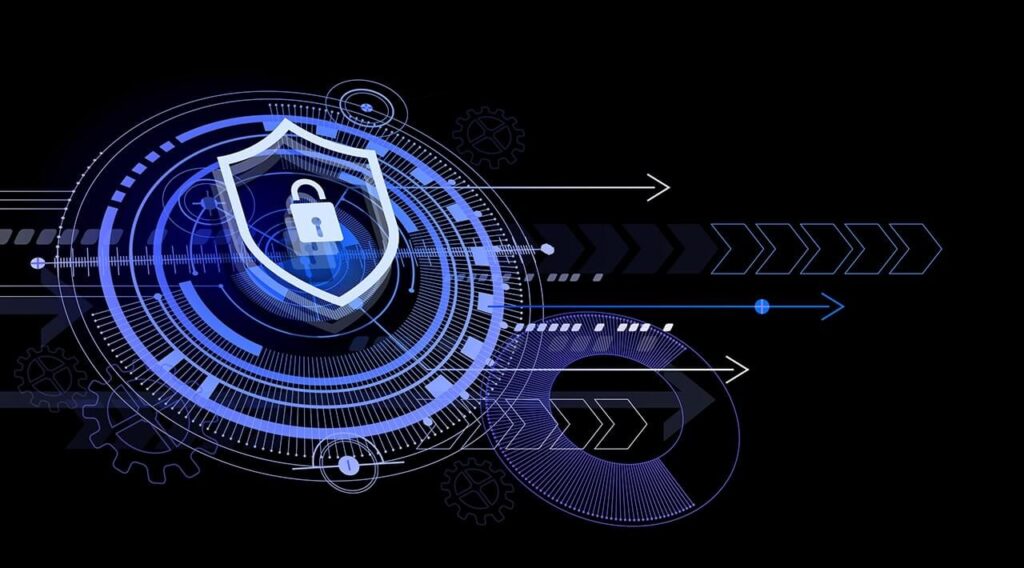Empowering Women in Tech: A Path to Equality
Women’s leadership was key during the pandemic, but we need to keep up momentum to be even greater agents of change, especially in the technology world.
Women’s rights and equal opportunities in relation to their male counterparts have been changing in recent years. Women’s insertion in the workplace is growing around the world; however, there’s a long way to go before we consider true balance exists.
The World Economic Forum (WEF)[1] estimates that the global workplace could absorb approximately 150 million new technology jobs over the next five years. It also estimates that some traditional jobs will become “tech jobs”, which means that there will be a need for more individuals with digital skills.
Other WEF indicators predict that by 2030, 77% of jobs will require tecnology related skills[2]. While there’s a growing unmet demand in the world of science, technology, engineering, and mathematics (STEM), a deficit of women is evident. According to UNESCO, only 35% of STEM students[3] around the world are women. And only 25% of those who work in the ITC sector are women, according to a study by UN Women[4].
According to the World Economic Forum’s Global Gender Report 2021[5], gender gaps are more likely in sectors that require disruptive technical skills. In Cloud Computing, for example, women represent 14% of the workforce; in Engineering, 20%, and in Data and AI, 32%.
As a result, there’s continuous concern regarding the gender gap in these areas, which could represent the loss of potential talent, creativity, and innovation. Achieving gender equality in STEM allows us to ensure that women and men have the necessary skills and opportunities to contribute and benefit equally from related developments[6].
We support the inclusion of female talent, as well as our employee diversity, and are continuously committed to fostering a diverse and inclusive culture.
We believe that our company’s combination of perspectives, talent, experiences, backgrounds, and beliefs is respected. We value individual rights and freedoms and promote a culture of mutual respect by strictly adhering to policies that provide a workplace free of discrimination, harassment, and retaliation, as well as other policies destined to ensure equal opportunities and fair treatment for all.
Today, we stand before a great opportunity to enhance the careers of talented women and create technology which serves and reflects us all, with no distinction other than one own’s talent.
[1] https://es.weforum.org/agenda/2020/10/tu-proximo-cambio-de-trabajo-podria-ser-mas-facil-de-lo-que-piensas/
[2] https://www.weforum.org/reports/jobs-of-tomorrow-mapping-opportunity-in-the-new-economy
[3] https://www.unesco.org/reports/science/2021/es/women-digital-revolution /https://unesdoc.unesco.org/ark:/48223/pf0000366649
[4] https://www.forbes.com.mx/red-forbes-la-brecha-de-genero-tambien-es-un-problema-para-las-empresas-y-una-oportunidad-economica-desperdiciada/
[5] https://www3.weforum.org/docs/WEF_GGGR_2021.pdf
[6] http://www.comunidadmujer.cl/biblioteca-publicaciones/wp-content/uploads/2021/07/Boletin-50-Una-reactivación-laboral-sostenible-en-Chile-con-perspectiva-de-género.pdf

Autor:
Tatiana Fonseca
VP Operations
Lumen. LATAM
Graduated in Electronic and Telecommunications Engineering from PUC-MG and post-graduated in Business Management / IT and MBA in Business Management from Fundação Dom Cabral, Tatiana Fonseca has 23 years of experience in leading teams in large companies in the telecommunications sector. In the professional career, she is the senior director of Operations at TIM Brasil, in which she led Network and IT Operations, and as an Operations Executive at Oi.










